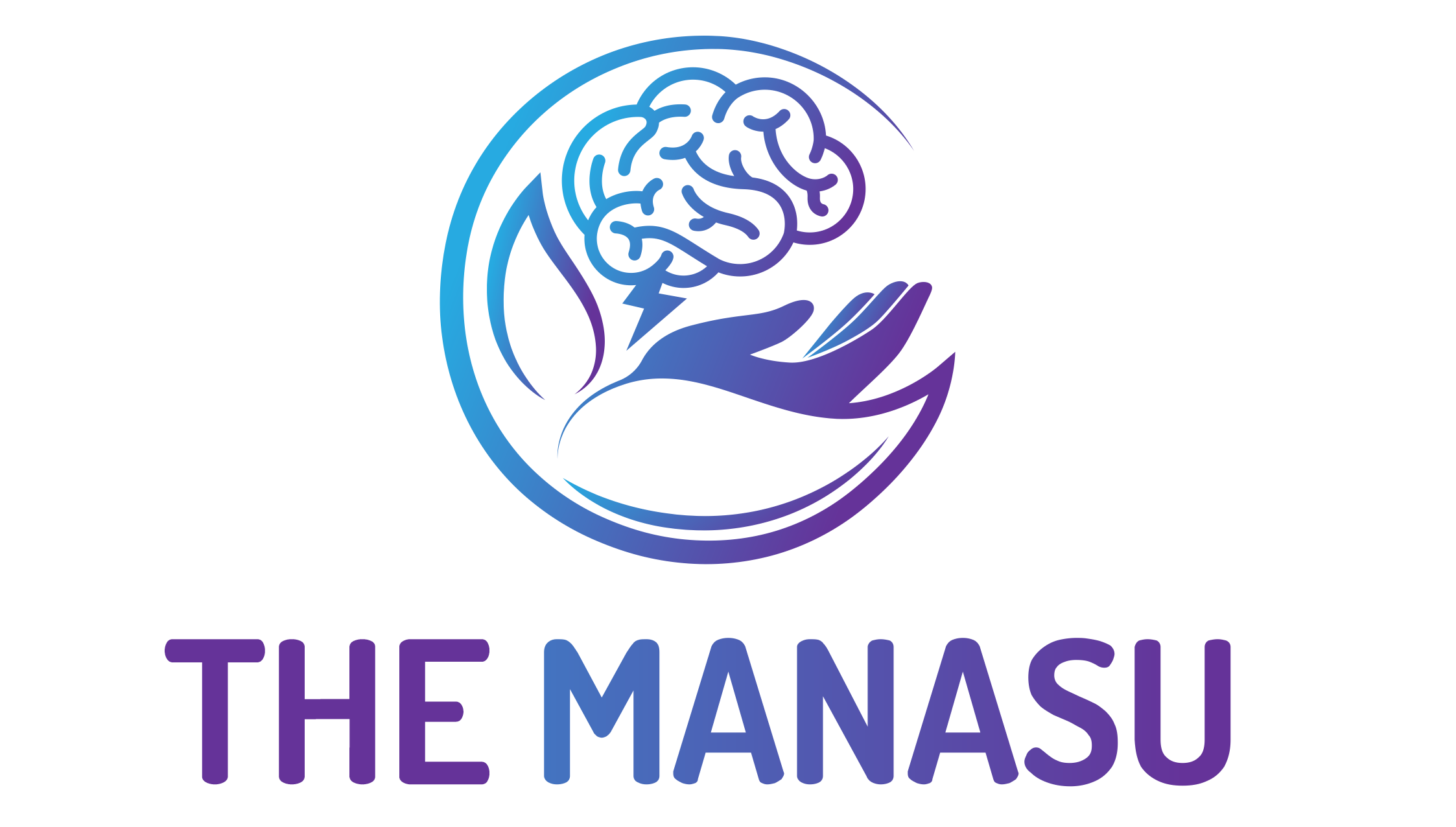Work-life balance is essential for individuals to maintain their overall well-being, satisfaction, and productivity. It refers to the equilibrium between professional responsibilities and personal activities, allowing individuals to effectively manage their time, energy, and resources.
Here are some key reasons highlighting the importance of work-life balance:
Health and Well-being: A healthy work-life balance promotes physical and mental well-being. Excessive work-related stress, long working hours, and neglecting personal needs can lead to burnout, fatigue, and various health issues. By balancing work with personal activities, individuals can prioritize self-care, exercise, relaxation, and quality time with loved ones, leading to improved physical and mental health.
Increased Productivity: When individuals have a healthy work-life balance, they are more likely to be motivated, focused, and productive. Taking breaks, pursuing hobbies, and spending time away from work can recharge their energy levels, enhance creativity, and foster fresh perspectives. This, in turn, boosts productivity, efficiency, and the ability to tackle challenges effectively.
Stronger Relationships: Maintaining a balance between work and personal life nurtures and strengthens relationships. Spending quality time with family and friends helps build stronger connections, fosters emotional well-being, and provides support systems during challenging times. By investing time in relationships, individuals can experience greater satisfaction in their personal lives, leading to increased happiness and contentment overall.
Personal Growth and Fulfillment: Work-life balance allows individuals to pursue personal interests, hobbies, and goals outside of their professional realm. Engaging in activities unrelated to work promotes personal growth, self-discovery, and a sense of fulfillment. It provides opportunities for learning new skills, exploring passions, and expanding one’s horizons beyond the confines of the workplace.
Avoiding Burnout: Imbalanced work-life situations can contribute to burnout, which is a state of chronic physical and emotional exhaustion caused by prolonged and excessive stress. Burnout can have severe consequences on an individual’s mental health, job satisfaction, and overall quality of life. By prioritizing a healthy work-life balance, individuals can proactively prevent burnout and maintain a sustainable work routine.
Enhanced Job Satisfaction: A balanced approach to work and personal life leads to increased job satisfaction. When individuals can fulfill their personal needs and commitments alongside their professional responsibilities, they tend to feel more content, motivated, and engaged at work. This satisfaction positively impacts their performance, job longevity, and overall career progression.
Role Modeling: Establishing a healthy work-life balance sets a positive example for colleagues, subordinates, and future generations. It promotes a culture that values well-being and encourages others to prioritize their personal lives alongside their professional endeavors. By demonstrating the importance of work-life balance, individuals can inspire others to strive for a more harmonious and fulfilling lifestyle.
In summary, work-life balance is crucial for overall well-being, productivity, and satisfaction. By effectively managing time, energy, and priorities, individuals can lead more fulfilling lives, experience greater happiness, and achieve success in both their personal and professional spheres.





